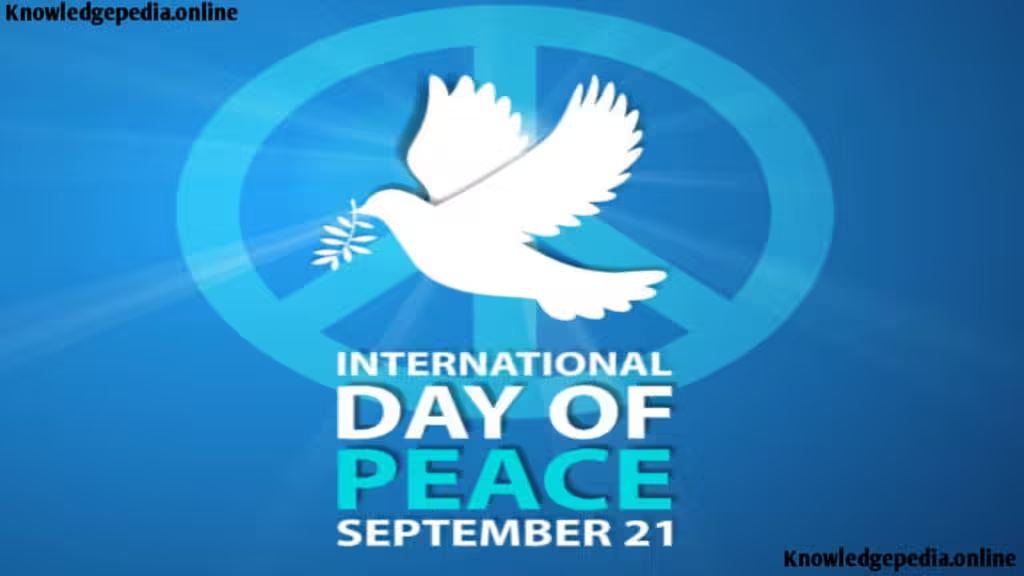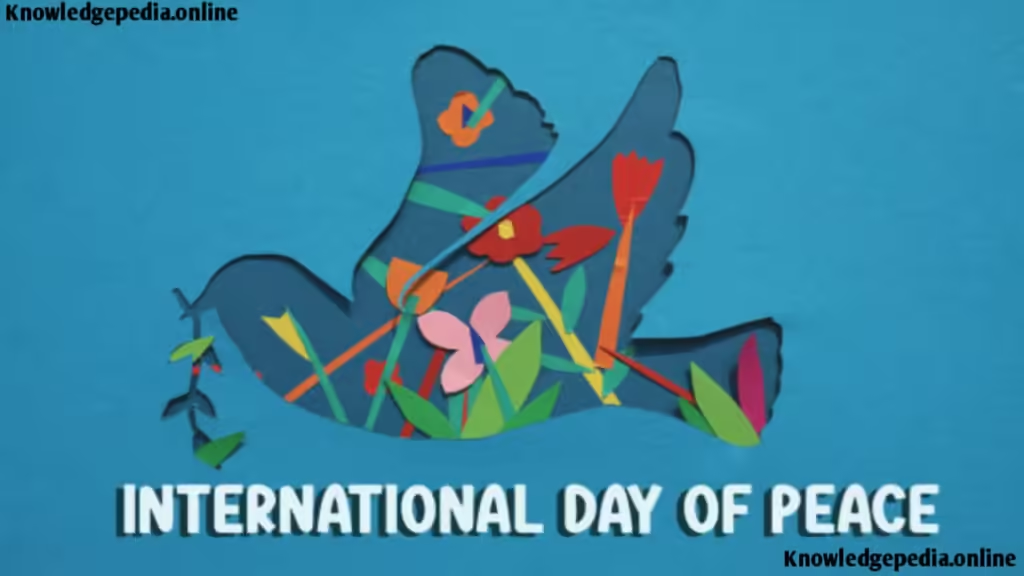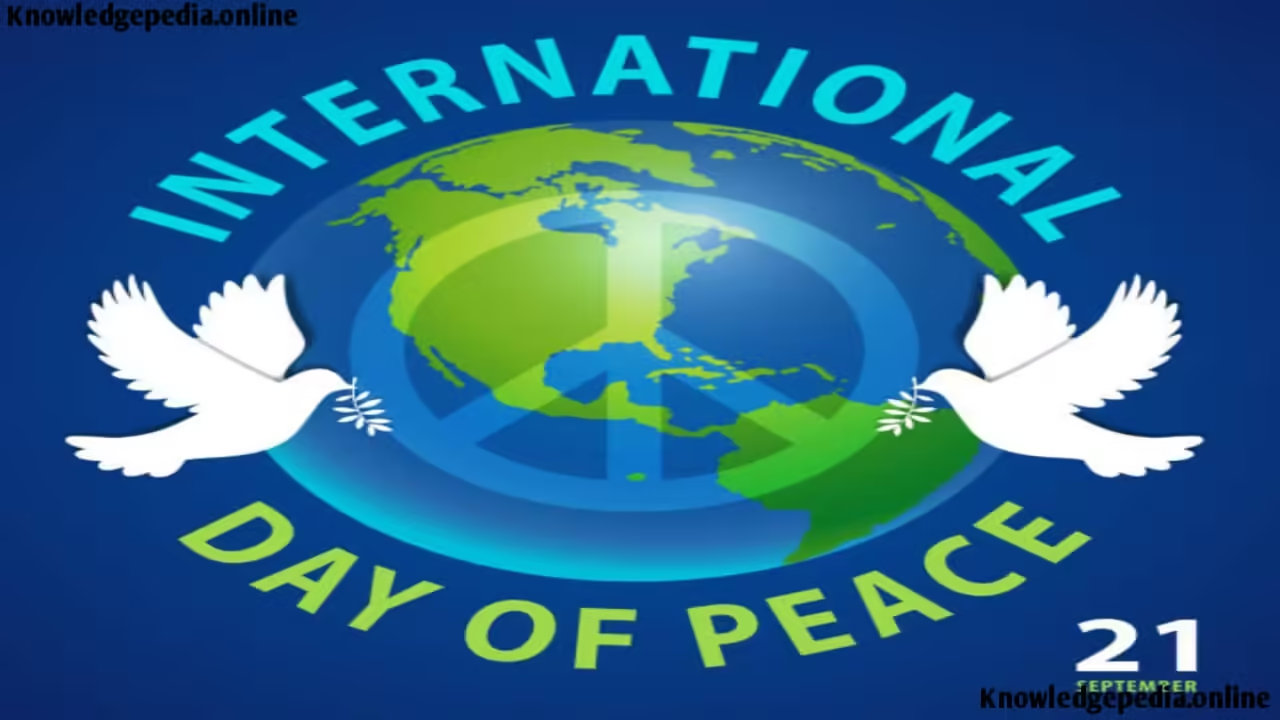Table of Contents
International Day of Peace 2024, celebrated annually on September 21, serves as a powerful reminder of the importance of global peace and the collective responsibility we share to foster harmony within our communities and the world at large. Established by the United Nations in 1981, this day invites all nations and peoples to observe a cessation of hostilities and promote peace through various activities and initiatives.
The resolution called for the observation of a day of non-violence and ceasefire, particularly in regions affected by conflict. In 2001, the UN General Assembly declared the day to be devoted to strengthening the ideals of peace, in line with the pursuit of the Millennium Development Goals and, more recently, the Sustainable Development Goals (SDGs).

The Theme for 2024
While the specific theme for 2024 has not been officially announced as of my last knowledge update, previous themes have highlighted critical issues such as climate change, social justice, and the role of youth in peace-building. Anticipating the 2024 theme, we can expect a focus on fostering dialogue and collaboration among diverse communities to address the root causes of conflict and promote sustainable peace.
With a significant portion of the global population being young people, empowering them to take an active role in peace initiatives can lead to innovative solutions to longstanding conflicts.
As societies become more diverse, fostering mutual respect and understanding among different cultures, religions, and ideologies is essential for maintaining peace.
Recognizing the increasing link between environmental degradation and conflict, this theme would emphasize the need for sustainable practices that promote ecological balance and reduce resource-based conflicts.

The Importance of Peace
Peace is not merely the absence of conflict; it encompasses the presence of justice, equality, and opportunity for all. The pursuit of peace is essential for several reasons:
Every individual has the right to live in peace and security. When peace is upheld, people can enjoy their fundamental human rights, including freedom of expression, the right to education, and the right to participate in the political process. Conversely, conflict often leads to human rights violations, suffering, and displacement.
Peace strengthens the bonds within communities. When individuals feel secure and valued, they are more likely to collaborate and contribute positively to society. Social cohesion is vital for addressing local challenges and building resilience against external threats.
n our interconnected world, conflicts in one region can have far-reaching effects on global security. Promoting peace reduces the likelihood of conflict spillover, terrorism, and other forms of violence that can destabilize entire regions.
The Role of Individuals and Communities
Individuals can engage in advocacy by raising awareness about peace-related issues. This could involve participating in local or global campaigns, utilizing social media platforms to spread messages of peace, or organizing community events that promote dialogue and understanding.
Communities can establish forums for dialogue where individuals can share their perspectives and resolve conflicts peacefully. This could take the form of town hall meetings, mediation programs, or community-building workshops that focus on enhancing communication and understanding.
Individuals can engage in advocacy by raising awareness about peace-related issues. This could involve participating in local or global campaigns, utilizing social media platforms to spread messages of peace, or organizing community events that promote dialogue and understanding.

The Role of Governments and Institutions
Upholding human rights is fundamental to building a peaceful society. Governments should ensure that laws and policies protect the rights of all individuals, promoting justice and accountability for violations.
Collaboration between nations is essential for addressing global challenges. Governments can engage in diplomatic efforts to resolve conflicts peacefully, participate in international peacekeeping missions, and support initiatives that promote disarmament and non-violence.
Governments can develop policies that prioritize peace-building initiatives, addressing the root causes of conflict such as inequality, discrimination, and environmental degradation. These policies should be inclusive and reflect the needs and aspirations of all citizens.
As we approach the International Day of Peace in 2024, it is essential to reflect on the significance of this day and our collective responsibility to foster peace in our communities and the world. Through advocacy, education, and collaboration, we can work together to address the pressing challenges we face and create a more harmonious future for all.
- why Taliban say I love Hindustan - September 19, 2024
- International Day of Peace 2024 - September 18, 2024
- International Equal Pay Day 2024 - September 17, 2024
